Menu
Opening Times - Mon to Fri: 9am to 5pm
Croatia is one of the world’s safest countries. In fact, Numbeo revealed recent statistics that found it was the second safest country for walking alone at night, just behind Slovenia. While that data doesn’t necessarily say anything about the crime rate, it does provide an excellent sense of how safe Croatians and visitors feel. And, according to the Global Peace Index, it ranks 17th on its list of safest countries in the world, out of 163, statistically safer than both the U.S. and the U.K. Petty crime such as pickpockets and scammers are the only real safety issues and even that’s rare, usually avoided with a little common sense. We always advise traveling with adequate travel insurance and to follow the advice of local authorities.
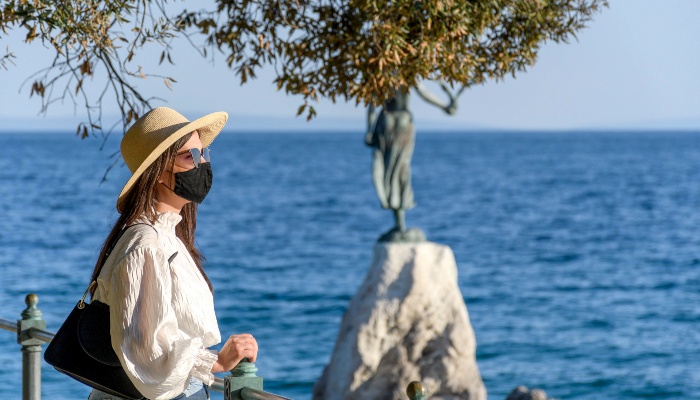
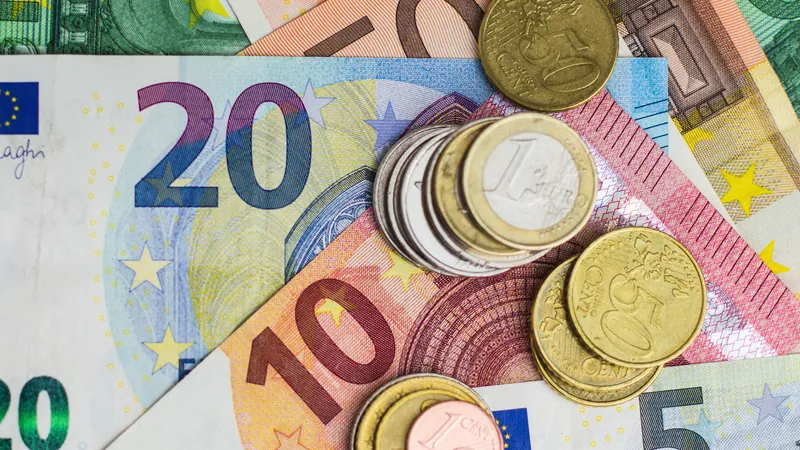
Pickpocketing and other types of petty theft are common in any big European city, which means your higher risk is in Zagreb as compared to other Croatian destinations. Steer clear of the area around Zagreb Bus Terminal and avoid King Tomislav Square and Ribnjak Park after dark. Take the usual precautions in any city or crowded area, keeping your phone and wallet in your front pocket, or a slash-resistant backpack or purse.
Zagreb’s strip clubs are notorious for scams that involve overcharging visitors for drinks by an exorbitant amount. When complaining, bouncers appear, bullying the unsuspecting customer into paying potentially thousands of euros.
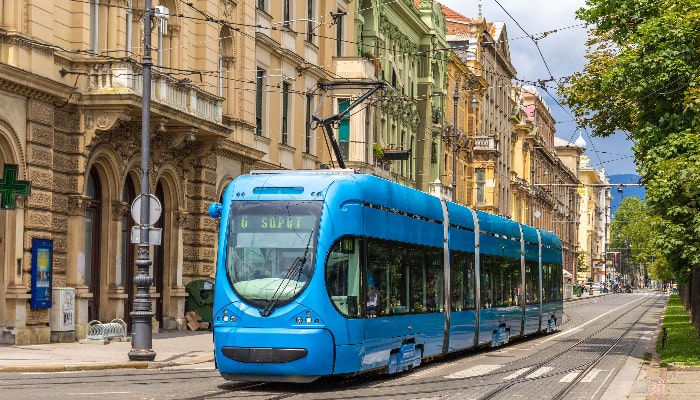
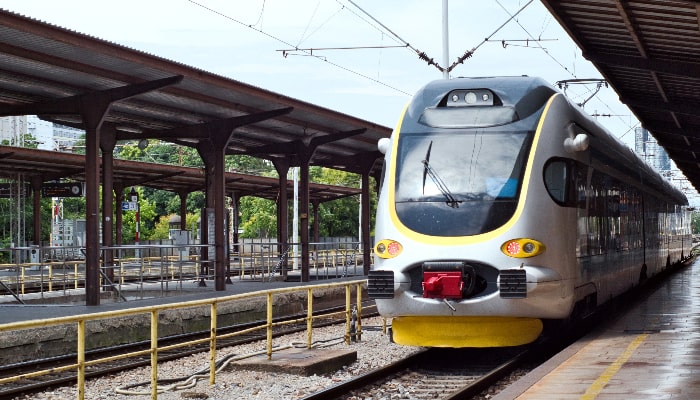
Most forms of public transportation are quite safe in Croatia, although, as mentioned, it’s best to avoid the Zagreb Bus Terminal at night. Bus stations in general are often prime targets for pickpockets making it essential to stay aware of your surroundings. If you take the bus, train, or tram, always guard your valuables, ensuring that your passport, cash, and any other important items are secured. Ubers and taxis (provided you use one that’s official with a working meter) are very safe and have apps you can use to order a ride without having to worry about getting ripped off.
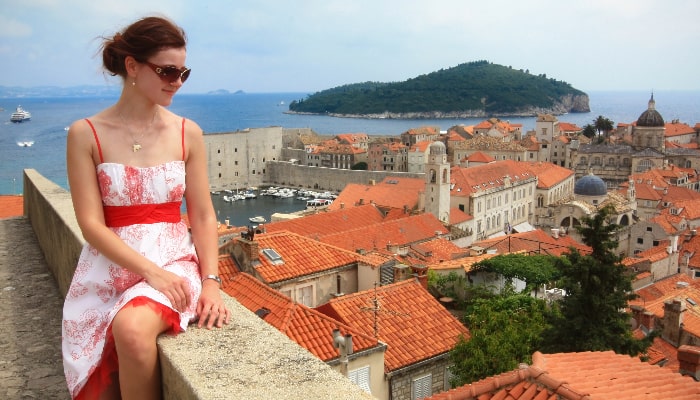
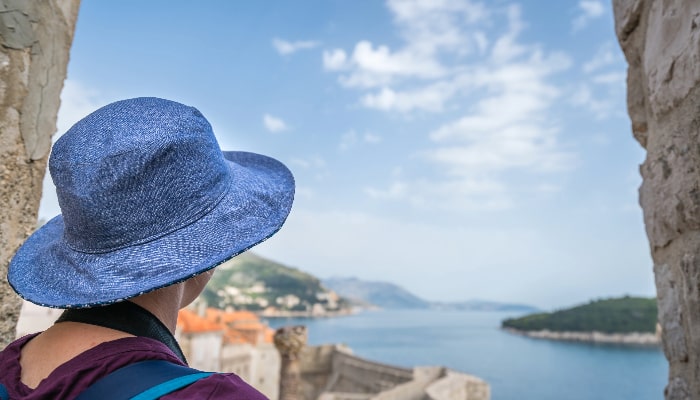
Croatia is one of the safest places in the world for solo female travelers. While some may be occasionally ogled while walking the streets, that’s something that can happen almost anywhere. If it does occur, simply ignore it. When venturing out into unfamiliar countryside, you might consider joining a small group to eliminate the risk of getting lost and/or having to return late at night.
Following common-sense rules applies to everyone regardless of gender. That includes only taking marked taxis or official Uber rides, not accepting drinks from strangers or imbibing in too much alcohol, and avoiding poorly lit, deserted areas at night.
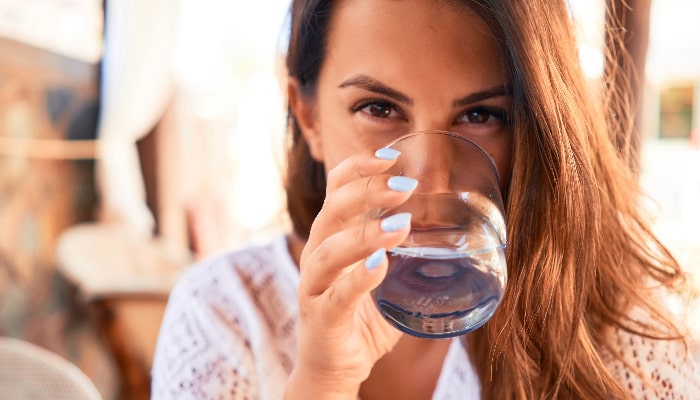
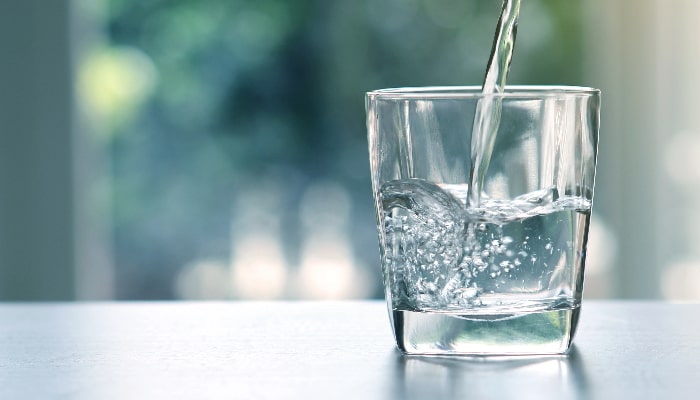
There’s no need to worry about the quality of water in Croatia with the purity of drinking water monitored by the government. The country has one of the largest reserves of drinking water anywhere in the world. In fact, tap water quality is excellent so you’ll save on the cost of bottled water while you’re traveling here too. On that note, it’s always a good idea to bring a reusable water bottle to cut down on plastic, and it can be filled up just about anywhere for an easy way to make your travel more sustainable.
Wherever you happen to be in the world, it’s always a good idea to have a list of emergency numbers at the ready should you find yourself in a situation requiring urgent assistance. While you’re unlikely to need them, just in case, these are all of the important numbers to know while traveling in Croatia:
General emergencies: You can call 112 24 hours a day for free in Croatia. It’s like calling 911 in North America – tell the operator where you are, what your emergency is, and the type of help you need. Based on that you’ll be connected to the appropriate services.
Search and rescue at sea: 195
Roadside assistance: 1987
U.S. Embassy (Zagreb): 385-1-661-2200
British Embassy (Zagreb): 385-1-600-9100
Australia Embassy (Zagreb): 385-1-489-1200
Canada Embassy (Zagreb): 385-1-488-1200